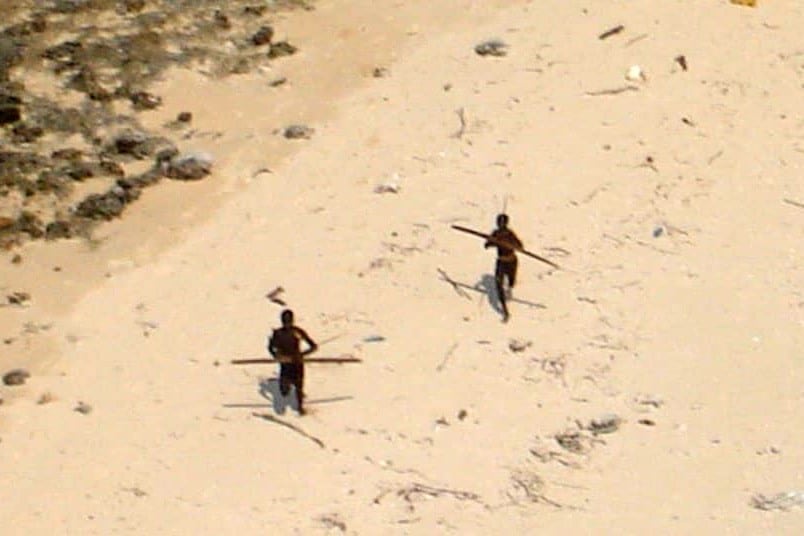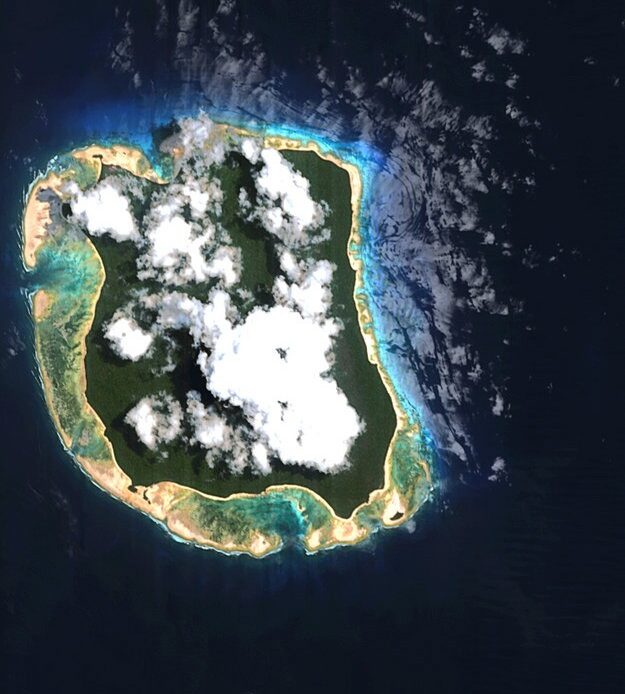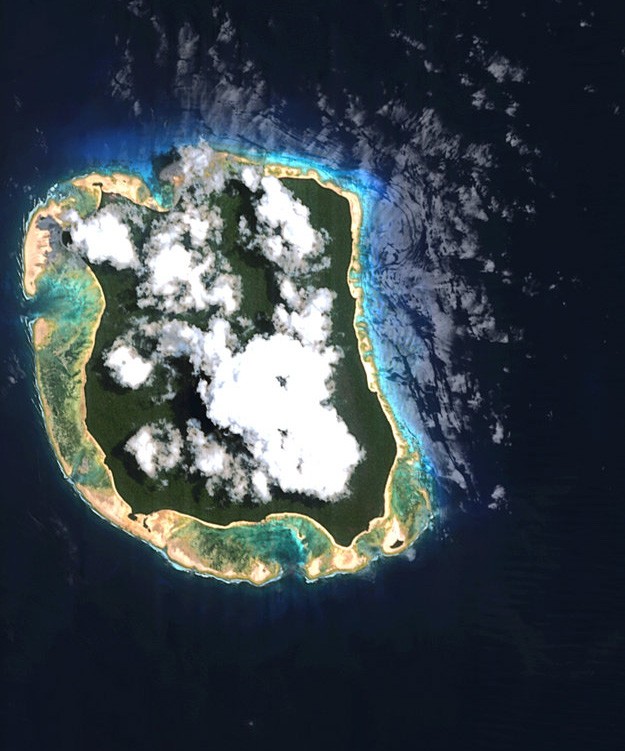13th February 2024
North Sentinel Island is unlike any other place on Earth. Home to a fiercely independent tribe, it is both ferociously dangerous and worryingly fragile
On a map, North Sentinel Island looks like any other idyllic spot in the Indian Ocean. Fringed with beaches and crystal cobalt waters, it lies in the Andaman archipelago of the Bay of Bengal.
North Sentinel, however, is unlike any other island. It has been described as ‘the hardest place in the world to visit’, ‘the world’s most dangerous island’ and home to ‘the most isolated tribe in the world’.
These sensational labels can’t be qualified conclusively, but they do hold some truth. For an estimated 60,000 years, North Sentinel Island has been home to a fiercely independent tribe that has violently rejected contact with the outside world.
The ‘Sentinelis’ have attacked nearly every outsider who has strayed into their territory. In 1896, they stabbed to death an escaped Indian convict who washed up on their shore; in 1974, they greeted a film crew with a hail of arrows; in 2004, a tribesman took aim at an Indian Coast Guard helicopter sent to check for signs of survival post earthquake; in 2006, they killed two fishermen who unwittingly drifted into their waters. When a helicopter was sent to retrieve the bodies, it was greeted by the Sentinelis, weapons in hand.


The Sentinelis’ violent behaviour precludes close observation and, as such, very little is known about them. We know they have weapons (arrows and spears most likely fashioned from wreckage) and that they use fishing nets and basic outrigger canoes. They fish, hunt and collect wild plants, but there is no evidence of agriculture or even methods of making fire. It’s speculated that the Sentinelis wait for lightning and keep the resulting embers burning for as long as possible in a hollowed out tree.
It’s feasible that the Sentinelis are the last people on Earth to remain virtually untouched by modern civilisation – but who are they and why are they so fiercely insular? Should we in the developed world leave them alone – even if it consigns them to eventual doom? What are the ethical implications of contact versus retreat? These are the questions pondered by scientists,…
Click Here to Read the Full Original Article at Atlas & Boots…

